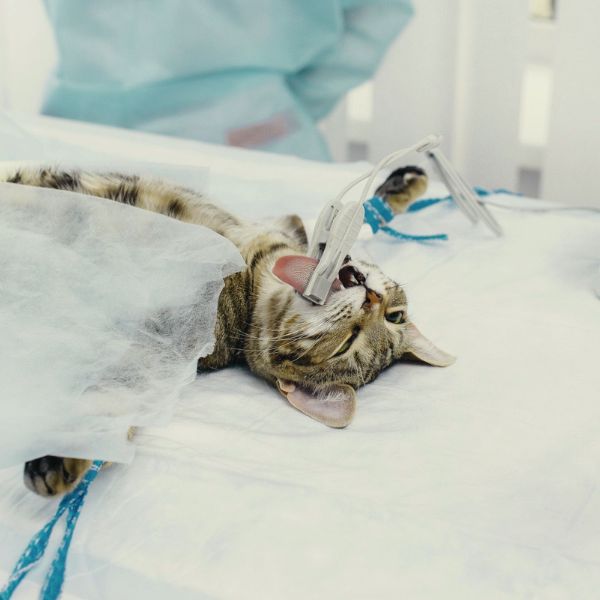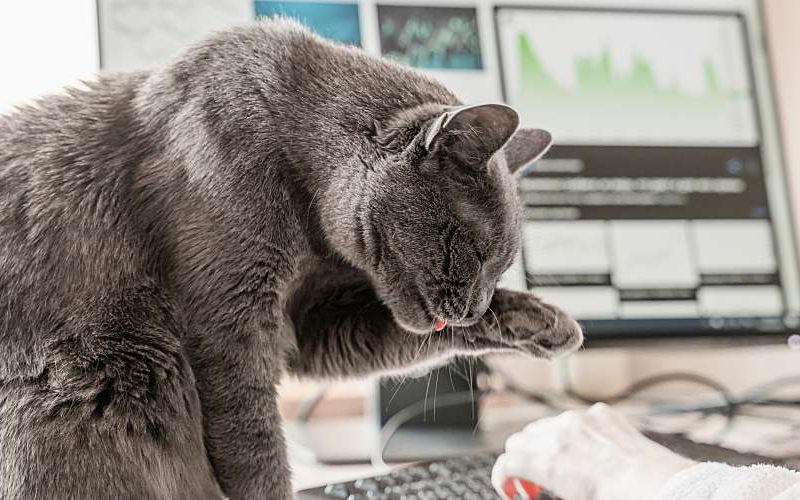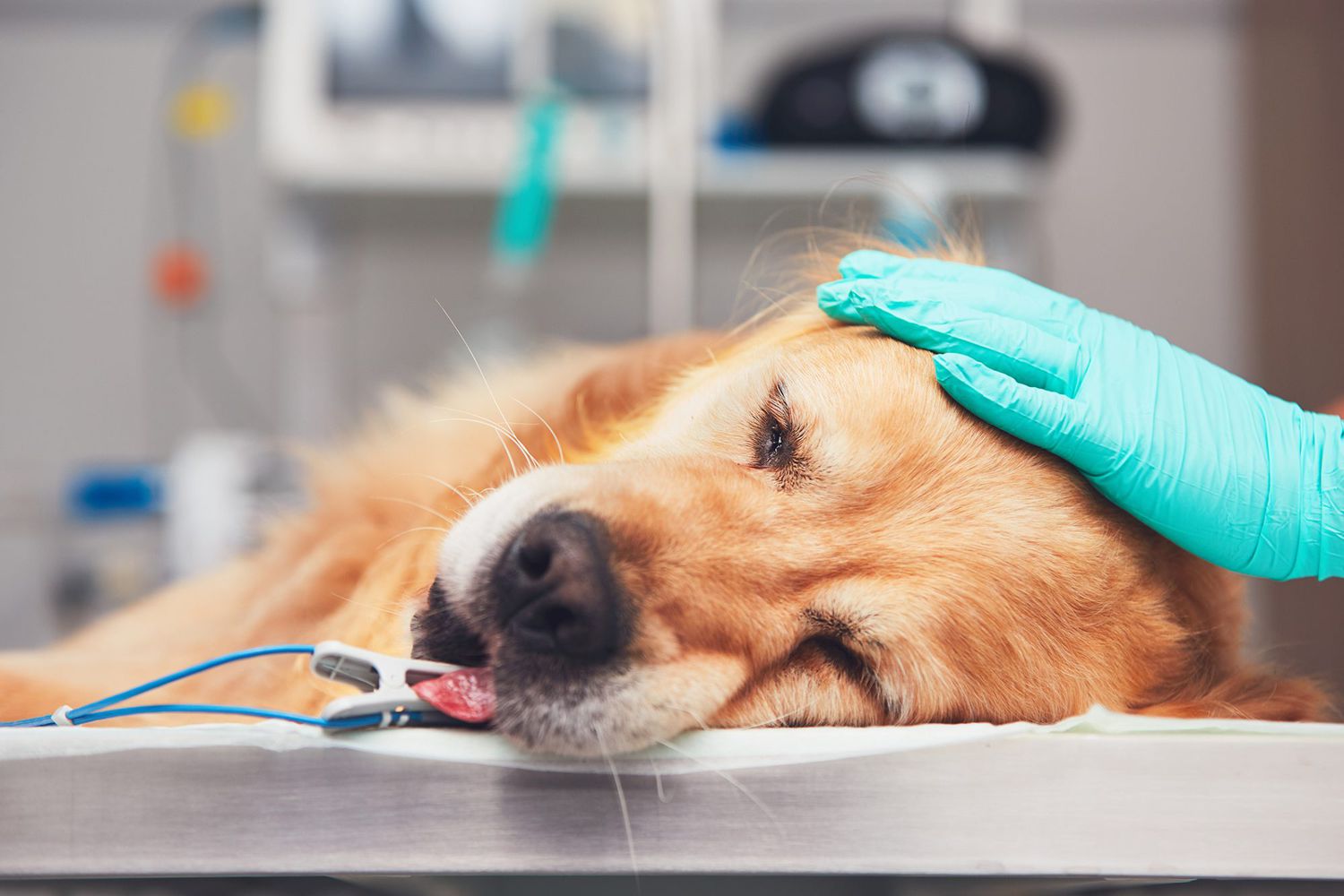Importance of consulting with Anaesthesiologist
Expertise in Anesthetic Protocols
Veterinary practitioners play a crucial role in ensuring the health and well-being of pets. However, the complexities of anesthesia and pain management often require specialized knowledge and skills. Consulting with a veterinary anesthesiologist can significantly enhance the safety and success of these procedures. Here’s why:
Customized Anesthetic Plans:
- Individual Assessment: Each pet has unique needs based on their age, breed, health status, and medical history. An anesthesiologist can develop a tailored anesthetic plan that minimizes risks and ensures optimal outcomes.
- Specialized Knowledge: Anesthesiologists are trained in the latest techniques and medications, allowing them to choose the most appropriate and effective anesthetic agents for each patient.


Advanced Pain Management
Effective Pain Relief:
- Multimodal Analgesia: Anesthesiologists commonly use a combination of medications and techniques to address pain from multiple pathways, providing more effective pain relief with fewer side effects. Our anesthesiologist will create such effective anesthetic plan based on the needs of your patient, the medications that you have access to and the equipment and monitoring modalities available in your practice.
- Chronic Pain Management: For pets with ongoing pain conditions, an anesthesiologist can design long-term pain management strategies that improve quality of life and reduce suffering.
Non-Pharmacological Methods:
- Integrative Approaches: Based on the needs of your patient, anesthesiologists can devise and incorporate non-pharmacological methods such as physical therapy, acupuncture, and cold/heat therapy into the pain management plan, offering holistic care that supports overall well-being.
Enhancing Safety and Outcomes
Intraoperative Monitoring:
- Continuous Monitoring: Sharing the information regarding the changes in vital signs during anesthesia with the anesthesiologist, will ensure that the observed changes are addressed properly. This exchange of information along with your vigilance will significantly reduce the risk of complications.
- Specialized Equipment: Anesthesiologists may suggest using particular means of monitoring to track anticipated changes in the vital signs during anesthesia to provide more detailed insights into the patient’s condition and prevent complications.
Post-Anesthetic Care:
- Smooth Recovery: Anesthesiologist’s insight into the recovery process, and managing pain will ensure a smooth transition from anesthesia to consciousness. Your collaboration with the anesthesiologist helps preventing post-anesthetic complications.


Importance of Treating Pain
By consulting with an anesthesiologist, veterinary practitioners gain access to expert advice and support, allowing them to provide the highest standard of care and pain management to their patients.
Ethical Considerations:
- Humane Care: Effective pain management is a fundamental aspect of humane veterinary care. Ensuring that pets are comfortable and pain-free is essential to their well-being.
- Prevention of Suffering: Untreated pain can lead to significant suffering, impacting a pet’s physical and emotional health. Proper pain management prevents this and promotes a better quality of life.
Health Benefits:
- Improved Recovery: Pain can impede recovery by causing stress, reducing appetite, and limiting mobility. Effective pain management supports faster healing and rehabilitation.
Behavioral Health: Chronic pain can lead to behavioral issues such as aggression or withdrawal. Managing pain helps maintain a pet’s normal behavior and strengthens the bond between pets and their owners
